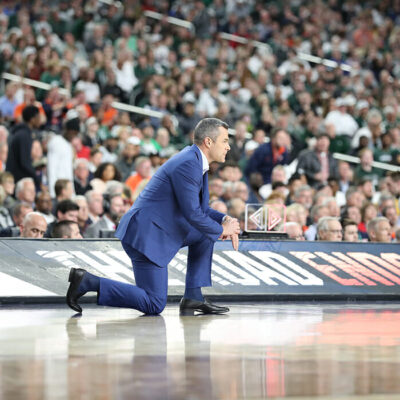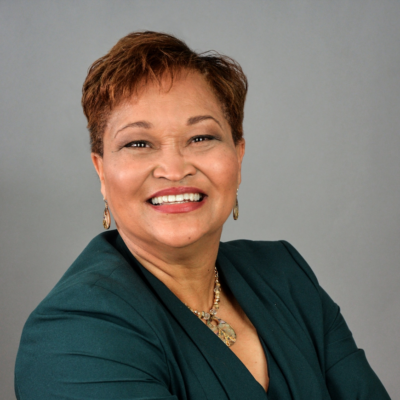This month sees a changing of the guard for Region Ten, a local government agency providing mental health, mental retardation and substance abuse services to Charlottesville and its five area counties. Robert L. Johnson takes over as executive director, having worked extensively with drug treatment programs in Richmond and Washington, D.C. His experience should serve him well at Region Ten—a 2005 annual report documented that 55 percent of clients were being treated for substance abuse. Here’s some of what he had to say.
C-VILLE: What drew you to Charlottesville and Region Ten?
Robert Johnson: I’ve always thought highly of the Region Ten Community Services Board. They have a great reputation for innovative programs—not just for folks who have addiction problems, but also for mental retardation services, and of course for mental health services.
There seems to be a close connection between mental health issues, substance abuse and criminal activity. So if it’s a vicious circle, what’s the best way to intervene?
Well, I’ve had lots of limited successes and I think everyone in this field will say the same, except for those who really don’t want to admit it.
 Robert Johnson, Region Ten’s new executive director, says ex-cons need more support to stay on track after they’re released. |
We haven’t had a real breakthrough when it comes to having dramatic positive effects on individuals going in and out of our criminal justice systems. We’re dropping inmates when they’re released. They’re having a hard time finding that next step of support, guidance and counseling. What I want to do in Region Ten is to have door-to-door transfers, so when folks leave the jail system, they already have the next step planned and they can continue the gains that they made in the prison programs.
Do you think there is enough money in Region Ten’s budget to introduce these new programs?
That’s a loaded question! Everyone knows treatment programs are underfunded. We also know that every dollar spent on treatment is a seven-dollar return to the community. So there’s a major payoff in adequate funding. I’d love to see more dollars come into our programs, but I’d also like to see more accountability. When Charlottesville or the surrounding counties spend more dollars, we need to show data that clearly demonstrate more folks are being treated, and more folks are staying out of jail and are becoming assets to our community. That’s something I think we can be the best in the state at, quite frankly.
C-VILLE welcomes news tips from readers. Send them to news@c-ville.com.





